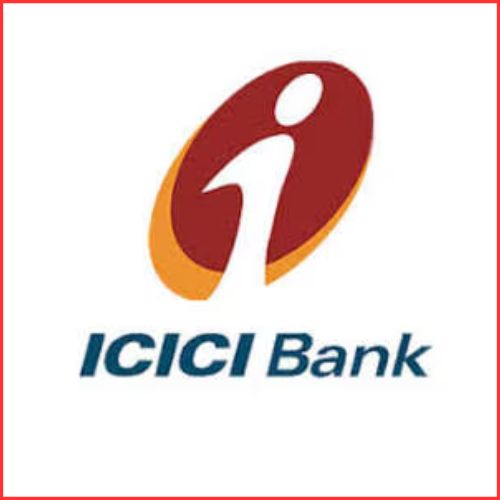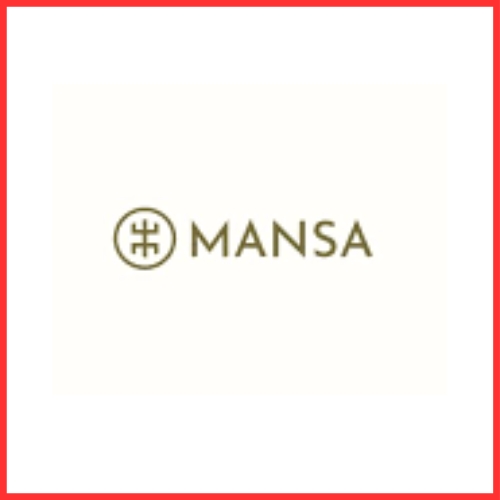Milk basket’s cofounder Anant Goel raised $5 million in seed funding as part of the business’s ongoing initial fundraising round. Sorted is a supply chain startup for fresh fruits and vegetables.
Venture capital companies Beenext, White Venture Capital, and NB Ventures have taken part in Sorted’s continuous fundraising efforts, according to the company’s filings with the corporate affairs ministry (MCA).
The round also included investments from Snapdeal co-founders Kunal Bahl and Rohit Bansal, according to records seen by ET.
In order to help offline mom-and-pop businesses increase the variety of fresh fruit they provide and shorten the time it takes to source products, Sorted has been conducting trial projects for most of last year. Sorted also gives these retailers access to a unique technological interface.
Sorted was founded by Goel in February 2022. Nitin Gupta, the former Milkbasket head of product and engineering, and Sahil Madan, the head of growth, joined him.
In 2021, Milkbasket was bought by Reliance Retail. According to sources cited by ET, the transaction resulted from early investor Kalaari Capital selling its entire investment in the company to Mahendra Nahata-led MN Televentures, which caused friction between the venture capital firm and the startup.
Via its app, Sorted enables mom-and-pop shops that aren’t online to purchase fresh fruits and veggies and have them delivered the next morning by farmers.
According to Goel in an interview with ET, the app gives these kiranas the ability to view their bills and discounts and offers pricing recommendations to partners.
The platform is only now functioning in Gurgaon, but there are plans to expand it to other areas of the National Capital Region (NCR) in the upcoming months.
“The market for fruits and vegetables continues to be extremely fragmented, with a large touch and feel component. At this time, 80 percent of the market is still unavailable. In addition, mom-and-pop business owners had to get up at 4 AM to visit the mandis and buy vegetables for everyday sales,” Goel remarked in response to a question regarding the motivation for the creation of Sorted. “We seek to relieve store owners of such annoyances, increase efficiency, and reduce expenses.”
In the congested business-to-business e-commerce market, Sorted faces competition from companies like Walmart-backed Ninjacart, Lightspeed-backed Udaan, Reliance’s JioMart, and Flipkart Wholesale, among others.
Goel claims that Sorted stands apart from other organizations by emphasizing a greater variety of products as opposed to other businesses, which frequently concentrate exclusively on the top five or six stock-keeping units (SKUs), such as potatoes, tomatoes, and onions. He claimed that “at this time, no player has been able to supply the whole range (of fresh food) at quality.” Variety will be the major distinction for us.
He said that Sorted will not enter the fast-moving consumer goods (FMCG) market, unlike other B2B providers like Udaan.
B2B e-commerce businesses are reducing their gross merchandise value (GMV) and concentrating on selling higher-margin goods in an environment where access to capital is difficult. The Dealshare, sponsored by Matrix Partners, has seen its annualized GMV run rate decline by one-third to about $600 million from a record of $900 million, according to a January 27 story from ET.
According to Goel, fresh fruits and vegetables have large margins that can reach 40%, contrary to projections from the sector. Just “10–12% of a store’s income on a monthly basis” comes from the sale of onions, tomatoes, and potatoes, which is what existing online grocery players concentrate on.
At present, Sorted is concentrating on partnerships with small and medium-sized retailers with daily sales of Rs 15,000–30,000.
The business is also developing plans for the release of a consumer app that would ostensibly allow users to browse the inventory of its franchise locations and place orders. The final format has not yet been formalized.
Goel stated, “As part of our initial phase, over the following three to nine months, we will continue to engage with offline businesses, helping them purchase fresh products.















